Fantasy esports and competitive wagering are no longer living in separate corners of the fan experience. This article explains how fantasy platforms such as DraftKings and PrizePicks naturally connect with modern esports prediction strategies, showing how research habits, statistical tracking, and fan intuition already form a shared foundation. The focus stays on how knowledgeable fans translate fantasy decision-making into sharper forecasting logic without skipping any of the core mechanics that make both formats compelling.
The Convergence of Fantasy Esports and Predictive Play
 Fantasy esports has trained fans to think analytically rather than emotionally. Building rosters on DraftKings or PrizePicks requires evaluating performance trends, role consistency, opponent strength, and match formats. That process encourages fans to interpret data objectively instead of relying on brand loyalty or hype. Over time, this analytical mindset becomes second nature, forming habits that are equally valuable in predictive esports environments.
Fantasy esports has trained fans to think analytically rather than emotionally. Building rosters on DraftKings or PrizePicks requires evaluating performance trends, role consistency, opponent strength, and match formats. That process encourages fans to interpret data objectively instead of relying on brand loyalty or hype. Over time, this analytical mindset becomes second nature, forming habits that are equally valuable in predictive esports environments.
Prediction-based formats rely on the same foundation of preparation and research. Evaluating match outcomes demands understanding team cohesion, player roles, recent form, and structural advantages. Fans who already spend time dissecting fantasy slates are engaging in the same mental process, only with a different end goal. The convergence between fantasy esports and predictive play reflects a broader evolution where competitive gaming rewards knowledge-driven participation over casual guesswork.
Fantasy Platforms as Training Grounds for Forecasting
 DraftKings and PrizePicks function as informal training environments for esports forecasting. Every lineup decision requires users to weigh probability, upside, and risk across multiple variables. Salary constraints force efficiency, while projection models introduce expected value thinking. These mechanics condition users to think beyond surface-level performance and focus on sustainable trends.
DraftKings and PrizePicks function as informal training environments for esports forecasting. Every lineup decision requires users to weigh probability, upside, and risk across multiple variables. Salary constraints force efficiency, while projection models introduce expected value thinking. These mechanics condition users to think beyond surface-level performance and focus on sustainable trends.
This preparation carries over naturally into outcome-focused formats. Fans accustomed to identifying undervalued players or avoiding poor matchups already understand how small statistical edges compound over time. The experience gained through fantasy participation builds confidence in data interpretation, making predictive decision-making feel familiar rather than intimidating.
Stat-Driven Thinking as the Core Connector
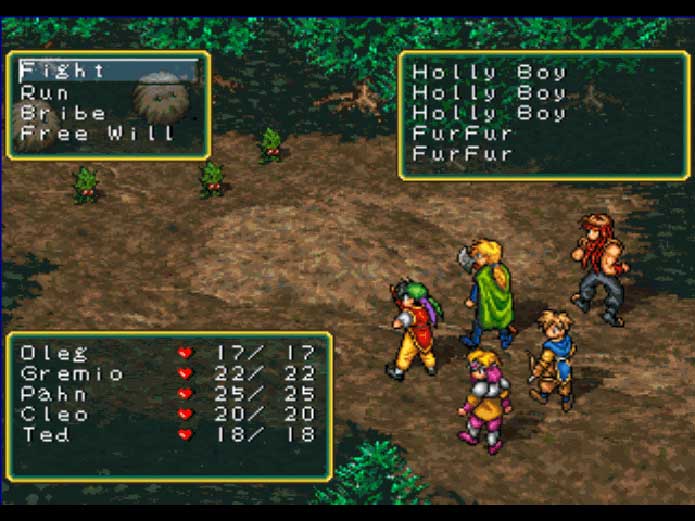 Modern esports fandom is deeply statistical. Metrics such as kill/death ratios, damage per round, objective conversion rates, and economy efficiency dominate fantasy analysis. These same numbers drive predictive strategies, reinforcing how closely aligned the formats truly are. Fans tracking expected K/D spreads or map win rates are already engaging in outcome forecasting, even if their initial focus is fantasy scoring.
Modern esports fandom is deeply statistical. Metrics such as kill/death ratios, damage per round, objective conversion rates, and economy efficiency dominate fantasy analysis. These same numbers drive predictive strategies, reinforcing how closely aligned the formats truly are. Fans tracking expected K/D spreads or map win rates are already engaging in outcome forecasting, even if their initial focus is fantasy scoring.
The transition occurs when fans shift from asking how many points a player might score to asking how those performances influence match results. That shift does not require learning new data, only reframing existing knowledge. Statistical literacy becomes the common language connecting fantasy esports with predictive formats.
Adapting Fantasy Roster Logic to Predictive Formats
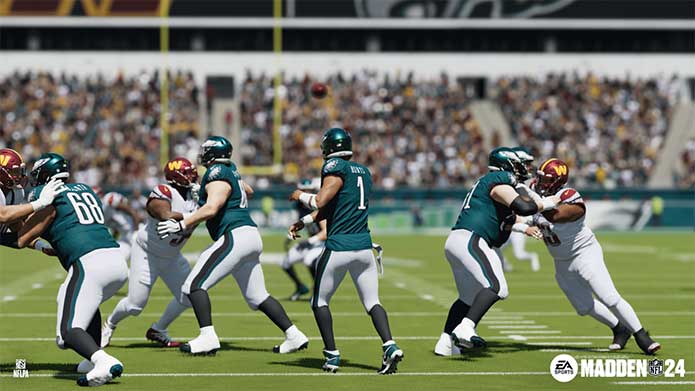 Fantasy roster construction teaches prioritization and balance. Players must decide when to invest heavily in star performers and when to rely on stable contributors. Match context, opponent tendencies, and map pools all factor into lineup decisions. This same prioritization logic applies directly to predictive play.
Fantasy roster construction teaches prioritization and balance. Players must decide when to invest heavily in star performers and when to rely on stable contributors. Match context, opponent tendencies, and map pools all factor into lineup decisions. This same prioritization logic applies directly to predictive play.
Evaluating which team has structural advantages mirrors evaluating which player offers the best value. Understanding correlations between teammates in fantasy lineups translates into understanding momentum and synergy at the team level. Fans who master roster optimization already possess the strategic framework needed to make informed predictions consistently.
Tools That Power Both Ecosystems
 Analytical tools form the backbone of both fantasy esports and predictive strategies. Projection models estimate player output, while historical dashboards reveal trends across maps, opponents, and formats. Advanced metrics like expected K/D spreads and map-specific win probabilities deepen analysis beyond basic box scores.
Analytical tools form the backbone of both fantasy esports and predictive strategies. Projection models estimate player output, while historical dashboards reveal trends across maps, opponents, and formats. Advanced metrics like expected K/D spreads and map-specific win probabilities deepen analysis beyond basic box scores.
Fans who regularly use these tools develop confidence in interpreting data rather than reacting emotionally. That confidence becomes invaluable when transitioning into predictive formats, where disciplined analysis separates sustainable success from short-term variance. The tools remain the same; only the application evolves.
Fan Knowledge as a Competitive Asset
 Esports fans bring contextual understanding that raw data cannot fully capture. Awareness of roster changes, communication dynamics, patch updates, and strategic shifts gives informed fans an edge. Fantasy platforms reward this insight through smarter lineup construction, while predictive formats reward it through sharper forecasting accuracy.
Esports fans bring contextual understanding that raw data cannot fully capture. Awareness of roster changes, communication dynamics, patch updates, and strategic shifts gives informed fans an edge. Fantasy platforms reward this insight through smarter lineup construction, while predictive formats reward it through sharper forecasting accuracy.
This contextual knowledge compounds over time. Fans who follow teams closely understand momentum swings and stylistic matchups that statistics alone might miss. That layered understanding strengthens decision-making across both fantasy esports and predictive environments.
Risk Management Learned Through Fantasy Play
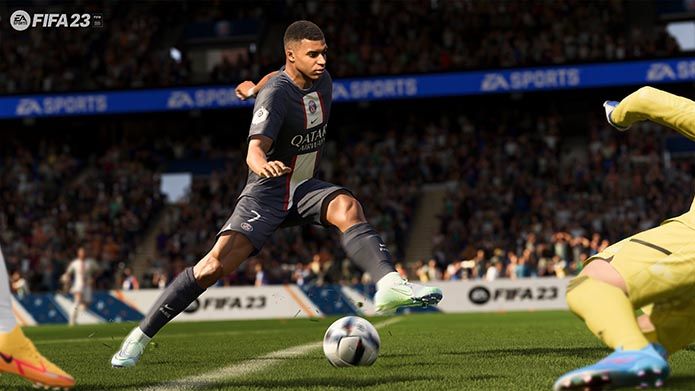 Fantasy esports conditions participants to manage risk strategically. Building lineups teaches when to pursue safe consistency and when to embrace high-variance options. Contest selection, exposure limits, and diversification all reinforce long-term discipline rather than short-term chasing.
Fantasy esports conditions participants to manage risk strategically. Building lineups teaches when to pursue safe consistency and when to embrace high-variance options. Contest selection, exposure limits, and diversification all reinforce long-term discipline rather than short-term chasing.
These habits translate directly into predictive strategies. Understanding variance, avoiding emotional decisions, and maintaining bankroll discipline are skills fantasy players already practice. Fans who apply the same restraint gain an immediate advantage when navigating outcome-based formats.
The Mental Shift from Rosters to Outcomes
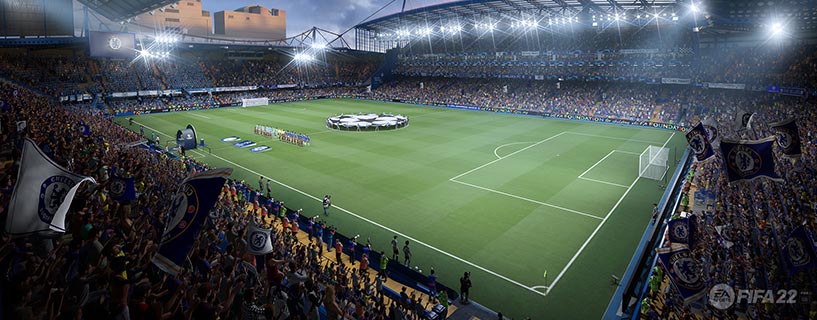 Transitioning from fantasy rosters to outcome-focused prediction does not require abandoning established habits. Instead, it involves applying the same analytical framework to a different objective. Evaluating player form evolves into assessing team trajectories, while lineup stacking becomes recognizing correlated outcomes.
Transitioning from fantasy rosters to outcome-focused prediction does not require abandoning established habits. Instead, it involves applying the same analytical framework to a different objective. Evaluating player form evolves into assessing team trajectories, while lineup stacking becomes recognizing correlated outcomes.
Fans already tracking performance metrics are effectively halfway to making accurate betting picks because the analytical groundwork is already in place The shift is conceptual, not technical, making the learning curve far smoother than many expect.
Community Data and Collective Intelligence
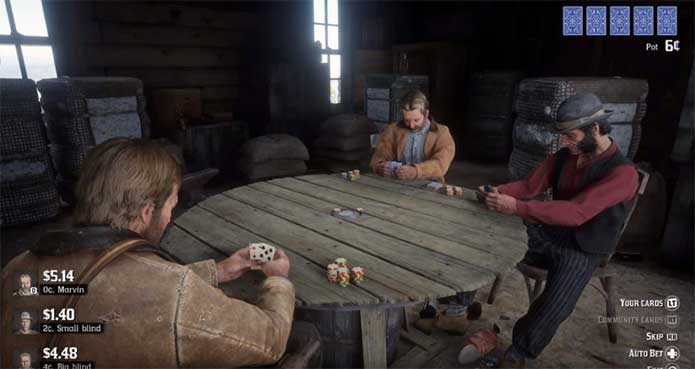 Fantasy esports thrives on shared insights from analysts, streamers, and data-driven communities. Projections, breakdowns, and matchup analysis circulate widely, allowing fans to refine their strategies collaboratively. Predictive ecosystems draw from the same collective intelligence, amplifying accuracy through discussion and debate.
Fantasy esports thrives on shared insights from analysts, streamers, and data-driven communities. Projections, breakdowns, and matchup analysis circulate widely, allowing fans to refine their strategies collaboratively. Predictive ecosystems draw from the same collective intelligence, amplifying accuracy through discussion and debate.
Fans accustomed to evaluating community data already understand how to separate actionable insight from noise. That filtering ability strengthens consistency and reinforces disciplined decision-making across both fantasy and predictive formats.
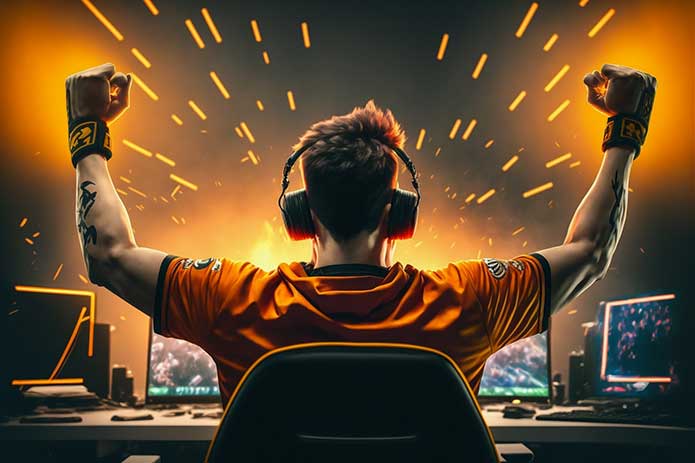 Why Esports Forecasting Feels Familiar to Fantasy Fans
Why Esports Forecasting Feels Familiar to Fantasy Fans
The growing overlap between fantasy esports and predictive strategies reflects how modern fans engage with competition. Both formats reward preparation, accountability, and analytical depth. Esports forecasting feels familiar because it is built on principles fantasy players already practice daily.
As competitive gaming continues to evolve, this convergence represents a structural shift rather than a passing trend. Fans who embrace data-driven engagement are not changing how they think about esports—they are simply expanding where they apply that knowledge.

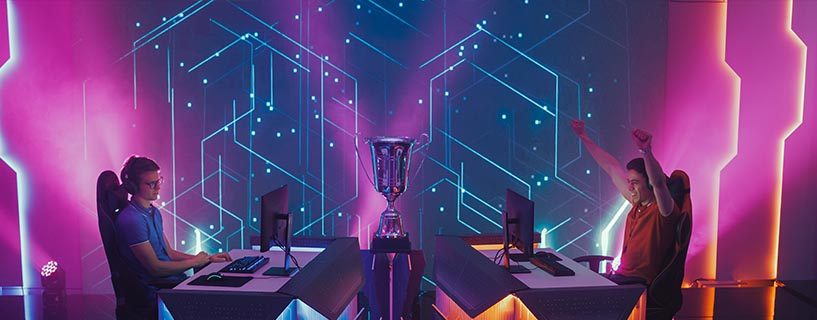
 by Symphonie
by Symphonie